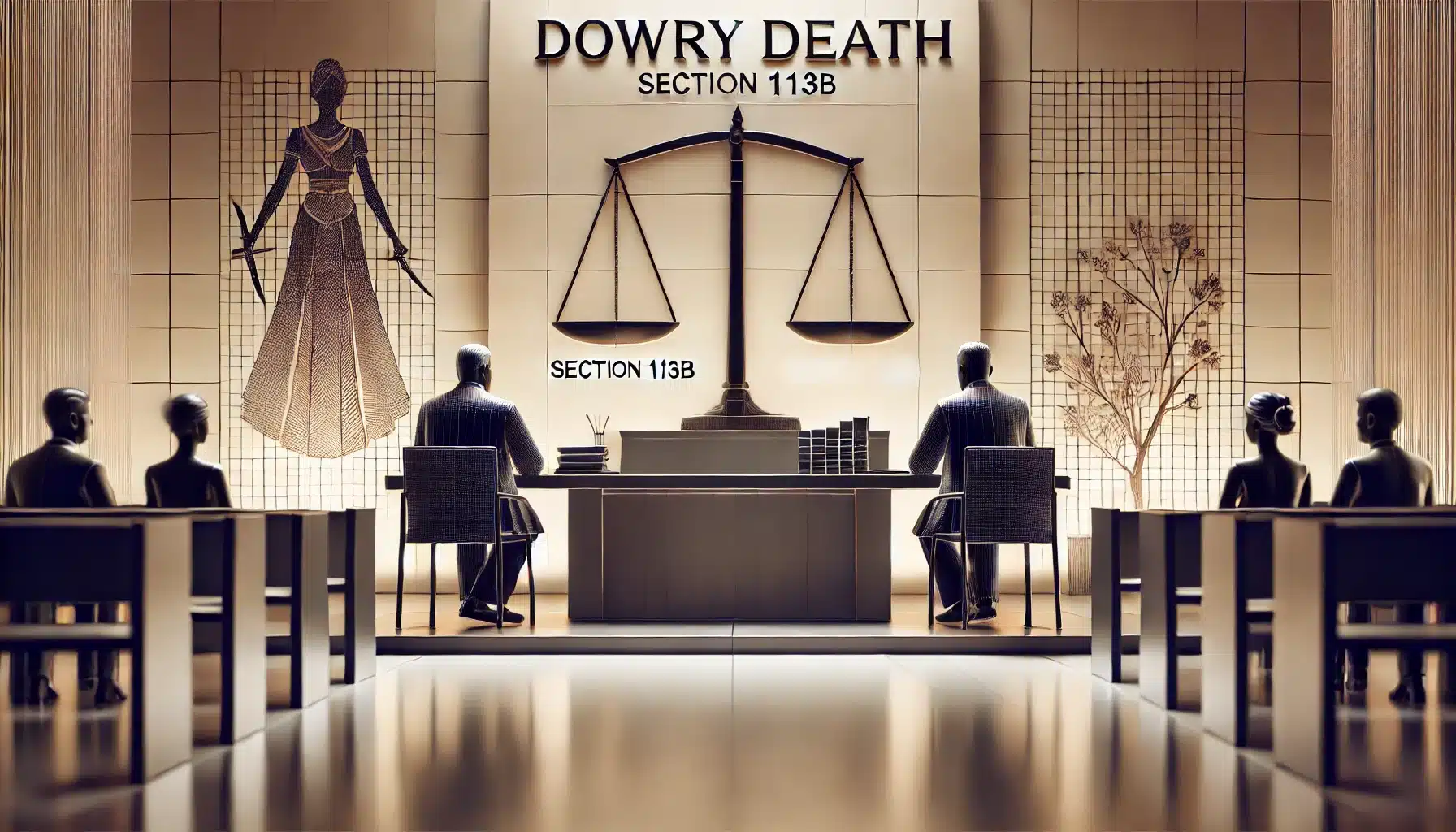The Supreme Court of India recently upheld the conviction of a husband in a 30-year-old dowry death case. The Court affirmed that once the prosecution proves that a woman faced harassment and cruelty linked to dowry and died within seven years of marriage, the presumption of dowry death arises under

LITT Law for lawyers and teams
The Supreme Court of India recently upheld the conviction of a husband in a 30-year-old dowry death case, where his wife tragically suffered 100% burn injuries in a house fire within seven years of their marriage. The Court confirmed that the husband failed to rebut the legal presumption of dowry death under Section 113B of the Indian Evidence Act, which applies when a woman dies under unnatural circumstances, after being subjected to cruelty or harassment related to dowry demands.
The husband’s inability to explain the circumstances of his wife’s death, despite being present in the room when the fire occurred, played a pivotal role in the Court’s decision. The judgment reinforces the legal burden placed on the accused to provide an explanation when the prosecution establishes a prima facie case of dowry death.
Supreme Court’s Decision on the Dowry Death Case:
Presumption of Dowry Death:
- The Supreme Court emphasized that under Section 113B of the Indian Evidence Act, when the prosecution successfully discharges its initial burden of proof—showing that the death of a woman was preceded by harassment and cruelty and occurred within seven years of marriage due to burn injuries—the onus then shifts to the accused to rebut the presumption of dowry death.
- In this case, the Court noted that the husband, who was in the same room as the deceased when she sustained 100% burn injuries, escaped without any harm. This fact placed an additional burden on him, under Section 106 of the Indian Evidence Act, to explain how the death occurred, as it was within his special knowledge.
Burden of Proof and Special Knowledge:
- The Court pointed out that if it is established that a woman was subjected to cruelty and harassment related to dowry demands before her death, a legal presumption arises under Section 113B that the person responsible for the death is guilty of causing a dowry death.
- The bench, consisting of Justice C.T. Ravikumar and Justice Sanjay Karol, stated: “When the prosecution had discharged its burden and proved such facts, the onus was on the appellants in terms of the provisions under Section 113B of the Evidence Act to establish that it was not a dowry death. Section 106 of the Evidence Act also put a burden on the first appellant-husband who went to sleep with her in the same room, but escaped unscathed, to explain how the death had occurred, as it was within his special knowledge within the meaning of said Section.”
Failure to Discharge the Presumption:
- The Court observed that the Appellants/accused failed to rebut the presumption of dowry death and did not offer any explanation when incriminating evidence was presented to them during their Section 313 Cr.P.C. statements.
- The Court stated: “In view of the aforesaid circumstances, the evidence brought in by the prosecution, and consequential failure on the part of the appellants to discharge their burden in terms of the provisions under Section 113B of the Evidence Act and the additional burden cast on the first appellant-husband in view of Section 106 of the Evidence Act, we are of the considered view that the High Court has arrived at the rightful conclusion based on the evidence on record.”
Conclusion and Judgment:
- Based on the failure of the appellants to discharge their burden, the Supreme Court upheld the conviction of the appellants/accused, affirming the judgment of the High Court.
Click to read: Damodar & Anr. Versus The State of Uttar Pradesh, Criminal Appeal No. 960 of 2018





